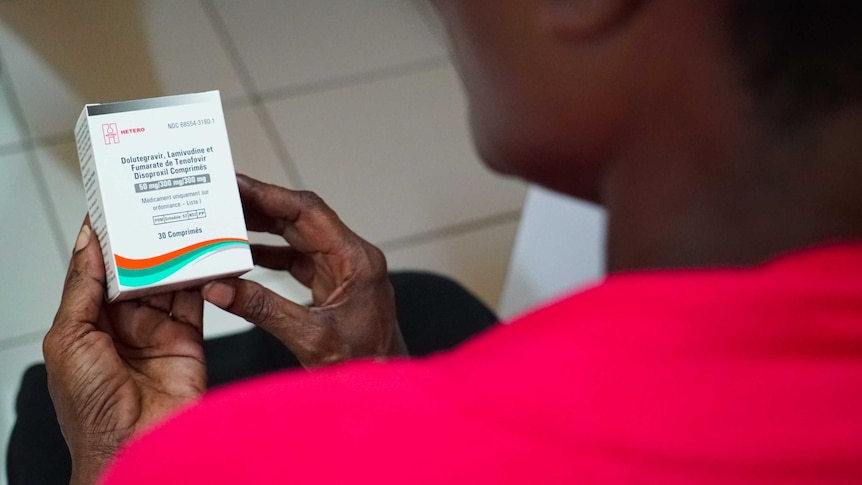
In a move underscoring the severity of its public health challenges, Papua New Guinea has declared a National HIV Crisis. The declaration follows alarming data showing a dramatic resurgence of HIV infections in the country. New statistics reveal that approximately 30 individuals contract the virus daily, culminating in an estimated 11,000 new cases in 2024 alone. This marks a doubling of new infections since 2010, a worrying trend given the global decline in HIV rates.
This surge in cases highlights a deepening crisis that disproportionately affects women, children, and young people. The timing of this crisis is particularly concerning as the global community aims to end the HIV epidemic as a public health threat by 2030, a goal that now seems increasingly challenging to achieve.
Infants at Risk: The Rise of Mother-to-Child Transmission
One of the most distressing aspects of Papua New Guinea’s HIV crisis is the high rate of mother-to-child transmission. In 2024, around 2,700 infants were newly infected with HIV, equating to about seven babies per day. The primary cause of these preventable infections is the lack of awareness among mothers regarding their HIV status, leading to missed opportunities for antiretroviral therapy (ART) that could prevent transmission during pregnancy or breastfeeding.
This gap in maternal health services underscores the urgent need to enhance antenatal care and expand HIV testing, counseling, and treatment services for pregnant women nationwide.
Government Response and Call to Action
The declaration of a national crisis was announced by Health Minister Elias Kapavore, who emphasized the societal roots of the epidemic and pledged to address them. “The rise in new HIV infections in PNG is deeply concerning. And as such, I am declaring this a national HIV crisis,” Kapavore stated. He further stressed the importance of supporting and empowering those most affected, committing to raise the issue with fellow ministers and ensure the allocation of resources to protect the population, especially the next generation.
Department of Health acting secretary Ken Wai echoed this call to action, highlighting the necessity of expanding access to vital services. “We must scale-up access to HIV testing and treatment, particularly for groups most at risk,” Wai noted, emphasizing the need for robust community leadership and support.
Strengthening Health Systems and Combating Stigma
The World Health Organization’s PNG country representative, Sevil Huseynova, highlighted the importance of strengthening health systems to ensure universal access to HIV services. “We must strengthen our health systems to ensure universal access to HIV testing, treatment, and prevention services, especially for pregnant women and young people,” Huseynova stated. She affirmed WHO’s commitment to working with the PNG government to scale up integrated, person-centered care.
UNAIDS PNG country director Manoela Manova emphasized the critical role of addressing stigma and discrimination in combating the HIV crisis. “This is a shared public health crisis that demands shared responsibility. Everyone has a role to play in dismantling harmful myths, stigma, and discrimination associated with HIV,” Manova said, stressing that these attitudes hinder prevention, testing, and treatment efforts.
The United Nations has pledged to provide extensive support to the PNG government in managing this crisis. The declaration will trigger an emergency response plan aimed at enhancing cross-sector coordination and prioritizing investments in HIV services at all levels.
Personal Stories: The Human Face of the Crisis
For individuals like Nancey, a transgender woman living with HIV in Papua New Guinea, the crisis is deeply personal. Nancey has faced significant discrimination, compounded by her HIV diagnosis a decade ago. “I felt hopeless. I just felt like that was the end of my life,” she shared, reflecting on the stigma she faced. However, with regular antiretroviral medication, Nancey now leads a healthy life. “You can actually be on that treatment and live a longer life and live a healthy life,” she affirmed.
Yet, Nancey’s story is not universal. Many of the estimated 120,000 people living with HIV in PNG lack access to necessary medication, with fewer than half receiving treatment. This highlights the critical need for improved healthcare access and societal support.
As Papua New Guinea grapples with this escalating crisis, the path forward will require concerted efforts from the government, international partners, and local communities to ensure that no one is left behind in the fight against HIV.





